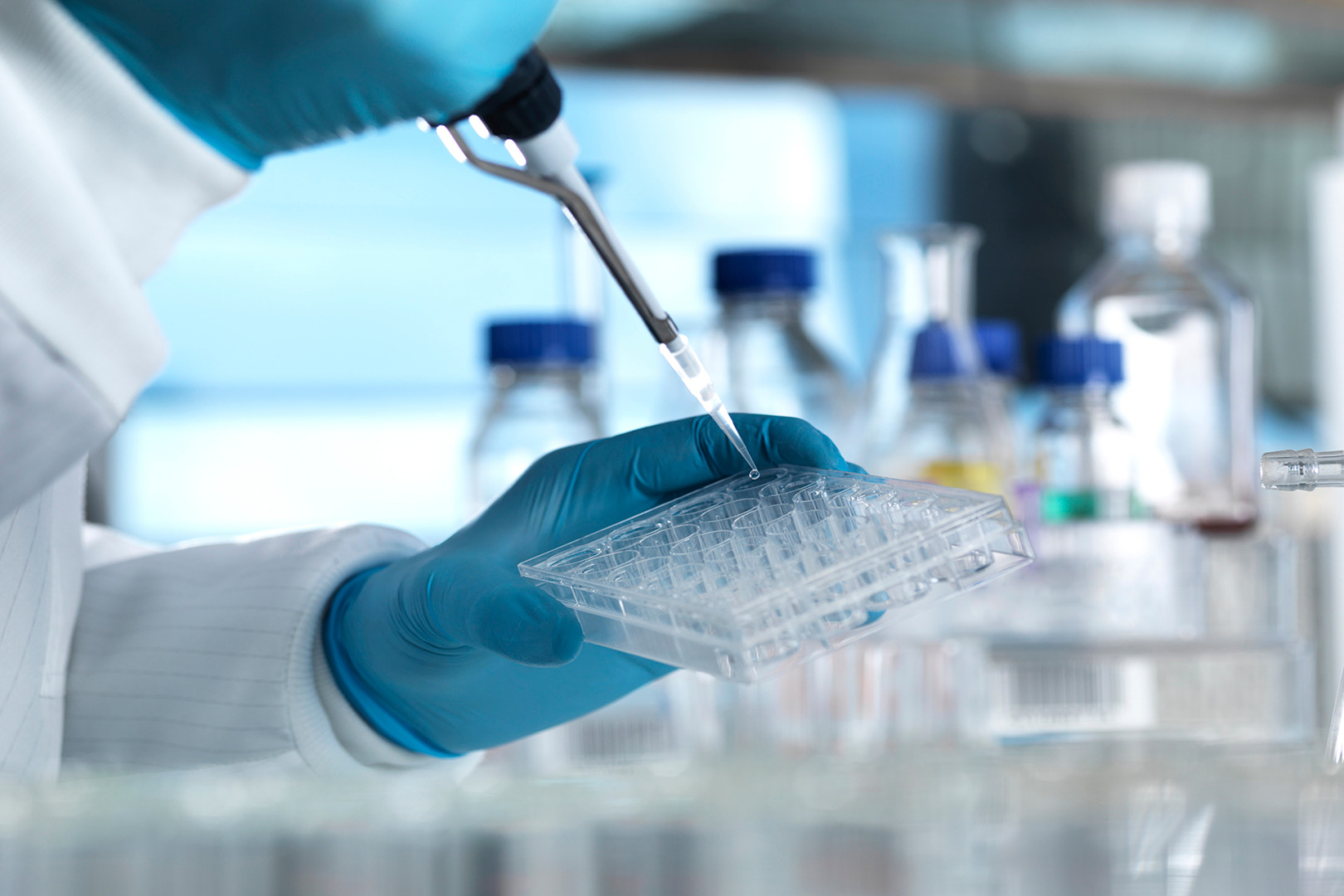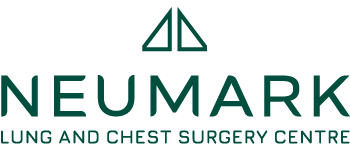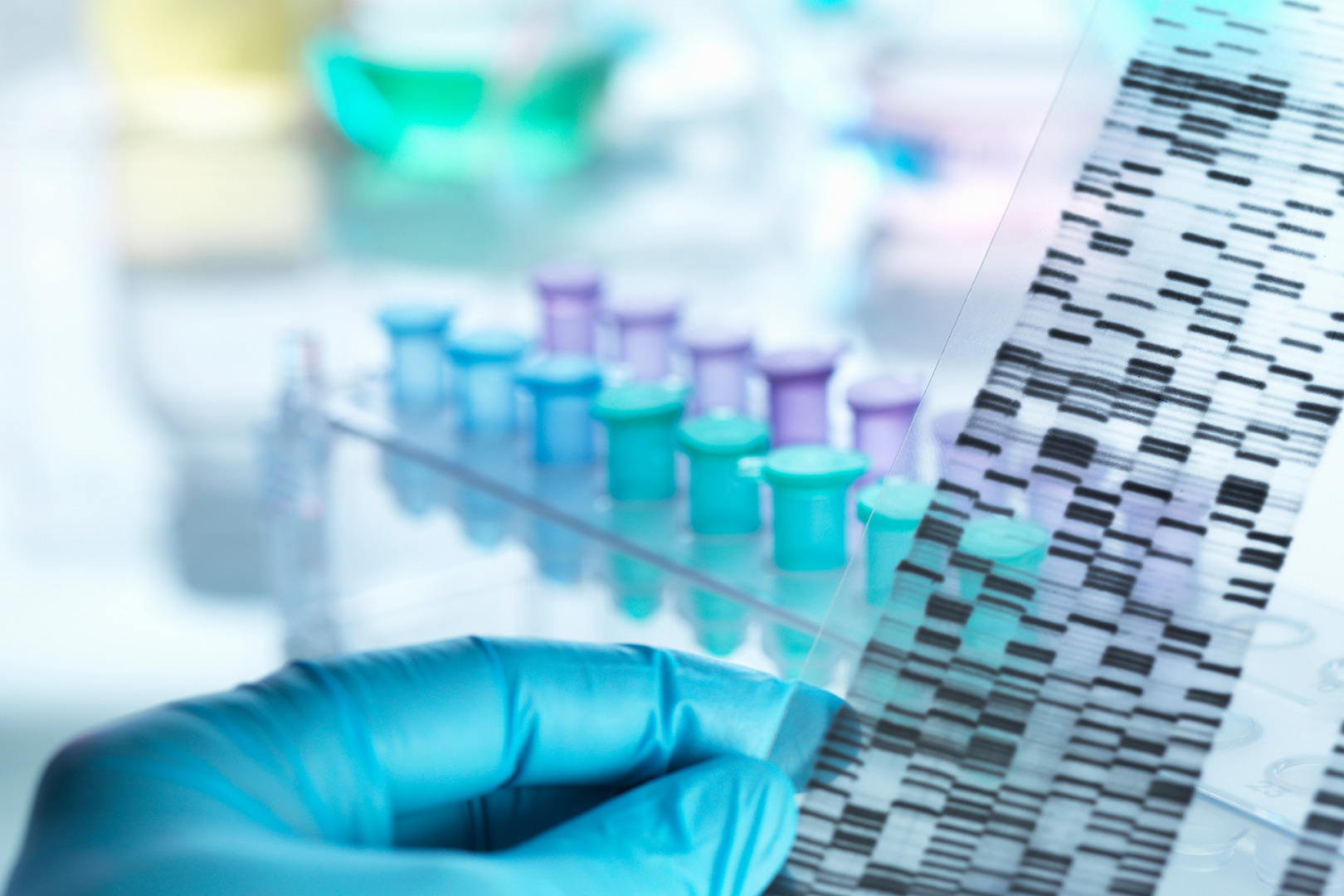As we enter a new era in cancer research and thoracic surgery, the relationship between genes and cancer is finally being understood. For decades, scientists have worked to unravel the mysteries of the human genome, and now, their efforts yield significant breakthroughs with gene mutation lung cancer prognosis.
The expression of genes is being deciphered, revealing the complex pathways that govern cancer development and progression. This is an exciting time as our understanding expands and the possibilities for targeted treatments and personalised medicine grow for genetic mutation lung cancer treatment.
The implications are profound in thoracic surgery, as we can now use genetic knowledge to craft more effective interventions for lung cancer patients with gene mutation lung cancer prognosis. The promise of a brighter future for those affected by this disease has never been more tangible.
Common mutations and their impact on treatment
Genetic mutations play a significant role in determining the treatment options for lung cancer. Different mutations can affect the response to various therapies, and identifying these mutations helps doctors choose the most effective treatments for each patient.

TP53: This mutation is common in non-small cell lung cancer (NSCLC) and is found in about 50% of cases. The complexity and variability of TP53 mutations make them difficult to target effectively with a single treatment approach.
KRAS: The KRAS mutation is found in about 30-52% of NSCLCs and is more common in smokers. Sotorasib (Lumakras) has indeed been approved by the FDA as the first targeted therapy for the KRAS G12C mutation in lung cancer, specifically for patients who have locally advanced or metastatic NSCLC and have received at least one prior systemic therapy.
EGFR: EGFR mutations are more common in nonsmokers and women in approximately 40-50% of Asian patients with non-small cell lung cancer (NSCLC) and are particularly common in those with adenocarcinoma histology. Targeted therapies, such as EGFR inhibitors, have proven effective in treating these mutations to specifically target and inhibit the tyrosine kinase activity of the EGFR, which helps control the growth and spread of cancer cells. These treatments have significantly improved the prognosis for patients with EGFR-mutant NSCLC
ALK: The ALK mutation is indeed common among younger people and nonsmokers. The FDA has approved medications such as ceritinib (Zykadia) and lorlatinib (Lorbrena) for the treatment of non-small cell lung cancers (NSCLCs) with ALK mutations. These treatments have significantly improved progression-free survival and response rates in ALK-positive patients. Lorlatinib, in particular, has demonstrated a reduction in the risk of progression or death compared to previous standard treatments for ALK-positive NSCLC.
Other Mutations: Mutations such as NRAS, NTRK, RET, ROS1, BRAF, MET, and PIK3CA are less common and may not have targeted therapies available. In such cases, clinical trials in genetic mutation lung cancer treatment may offer access to new treatments before they are widely available.
Testing for genetic mutations
Tumour tissue is collected through biopsy or surgery and sent for genetic testing to identify specific genetic mutations. Blood tests can detect certain mutations, such as EGFR, in a less invasive manner.

Identifying specific genetic mutations helps doctors choose targeted therapies to treat the cancer effectively. These therapies often have fewer side effects compared to chemotherapy and radiation therapy. For mutations without targeted therapies, chemotherapy and radiation therapy may be used to control the growth of the cancer and alleviate symptoms. Immunotherapy, which boosts the body’s immune system to fight cancer, may be used in combination with other treatments or alone, especially for tumours with high levels of PD-L1 protein.
Genetic mutations significantly influence the treatment options for lung cancer. By identifying specific mutations, doctors can choose the most effective treatments, including targeted therapies, chemotherapy, radiation therapy, and immunotherapy.
Key to effective treatment is early detection
Early detection of lung cancer is crucial in ensuring patients can access the most effective treatments. Regular screenings, particularly for high-risk individuals, can identify lung cancer at an early stage when targeted therapies and surgery are most effective. We can significantly improve lung cancer patient’s prognosis and quality of life by emphasising the importance of early detection and screening.
Key factors that influence the effectiveness of early detection in lung cancer
Several key factors influence the effectiveness of early detection of lung cancer with gene mutation lung cancer prognosis. Patient factors, such as symptom recognition and health-seeking behaviour, are crucial in timely diagnosis. Patients aware of lung cancer symptoms and risks are more likely to seek medical help and undergo screening tests.
Healthcare provider and system factors, including strong GP-patient relationships, access to services and care, and healthcare provider recommendations, also impact early detection. Disease factors, such as the symptom signature and co-morbidities, can make early diagnosis challenging.

Screening and diagnostic methods, including low-dose computed tomography (LDCT) and risk-based selection, are critical in detecting early-stage lung cancer. Novel techniques like artificial intelligence and molecular biomarker-based screening may enhance diagnostic accuracy and early detection.
Socioeconomic and cultural factors, including socioeconomic status and cultural variations in help-seeking behaviour, can affect early detection rates in disadvantaged communities.
Addressing these factors can improve the effectiveness of early detection of lung cancer, ultimately leading to better patient outcomes.

